The next generation of the Internet sometimes referred to simply as “Web3,” is a whole new innovation aimed at revolutionizing technology and the internet. In this article, we’ll take a look at some web3 companies to consider for your next web3 project

Web 3 is the third generation of the World Wide Web and is currently available on the Internet. The World Wide Web (www) is moving in a new path that is referred to as Web3.
In this context, ideas such as decentralization are of the utmost importance. Emerging technologies such as token-based economics (also known as cryptocurrencies) and blockchain protocols are also examples of this trend.
Web1 was characterized by the introduction of personal computers, the development of search engines, and the explosion of websites. Web2 has been characterized by the emergence of significant social media platforms like Facebook, Twitter, YouTube, Snapchat, Instagram, and Tiktok. Web1 was characterized by the introduction of widespread use of personal computers, the development of search engines, and the explosion of websites.
Although the actual meaning of “Web3” isn’t entirely settled, most people agree that it refers to a linked network of decentralized blockchains that will enable a vast new range of user experiences.
The creation of content by users and the sale of that content will play a central role in Web3, and the use of cryptocurrencies will play an important role in the support of both of these aspects of Web3. Within the confines of this blog, we are going to explore the best Web 3 companies in a variety of fields.
The creation of content by users and the sale of that content will play a central role in Web3, and the use of cryptocurrencies will play an important role in the support of both of these aspects of Web3. Within the confines of this blog, we are going to explore the best Web3 companies in a variety of fields.
It’s possible that the increase of Web3-focused organizations is due, in part, to the fact that Web2 legacy enterprises are shifting their focus to the new reality in order to take advantage of a wonderful opportunity.
The number of developers who are being taught in Web3, as well as business owners who, out of a sense of liberty and/or charitable impulses, are contributing their intellectual resources to open-source crypto and Web3 projects, building out platforms such as Ethereum and so on.
There are several reasons why we are seeing an increase in the number of Web3 companies whose primary focus is on the new web3 technological paradigm. One of these reasons is the development of startups that have been co-founded by entrepreneurs and developers who have been thoroughly schooled in Web3 protocols.
Best Web3 Companies to consider for your next project
In this article, we’ll take a look at some of the most interesting Web3 firms making waves in the business world right now. For your next web 3.0 project, these companies are your best bet.
- Braintrust
- OpenSea
- Spatial
- Bitgo
- Uniswap Labs
- Alchemy
- Chainlink Labs
Braintrust
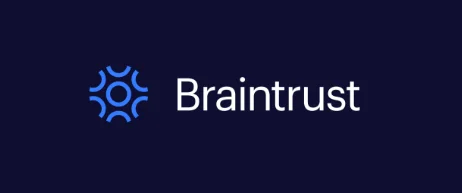
Braintrust is the only decentralized Web3 talent company that can connect leading companies with skilled knowledge workers. This ability allows Braintrust to fulfill its primary purpose. Because the same community that uses Braintrust to find jobs also owns and operates it, this means that it is always responsive to the requirements of its users rather than those of a giant, faceless corporation.
Braintrust was designed to help people find work. In addition, there has been an unprecedented influx of new talent and jobs into the network. This can be attributed to the fact that members of the community of knowledge workers and contributors that make up Braintrust earn ownership and control of the company through the use of its native BTRST token in exchange for the contributions they make to the expansion of the network.
The almost 700,000 community members that are a part of Braintrust include specialists and people who collaborate on projects from all around the world.
OpenSea
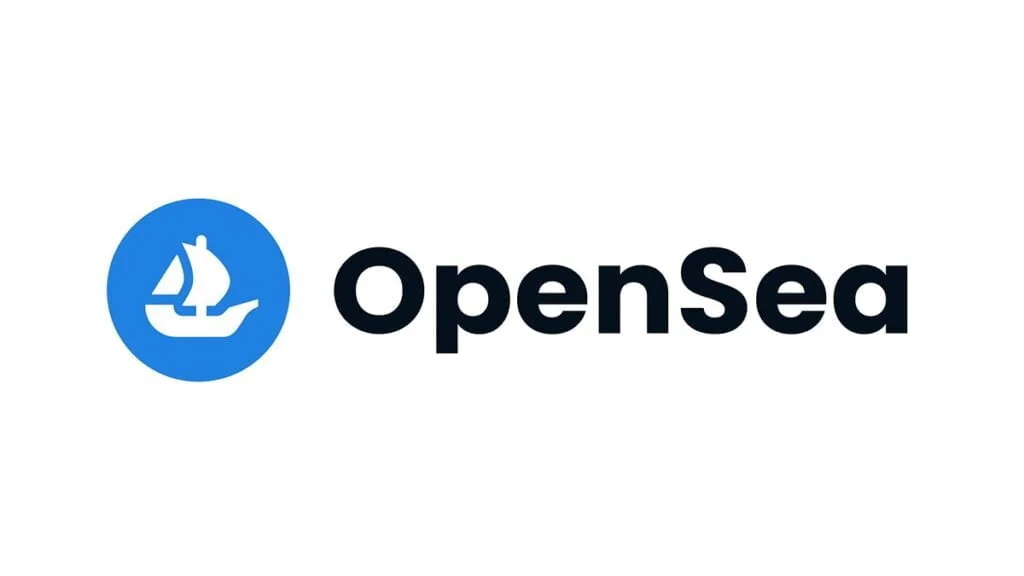
OpenSea was launched in 2017 by New York City residents Devin Finzer and Alex Atallahis. It is the first and largest peer-to-peer marketplace for NFTs. NFTs can be used for a wide variety of purposes, including the trading of collectibles, game items, domain names, digital artwork, and more.
OpenSea is a public, all-inclusive Web 3 platform and company where users may learn about NFTs and make transactions with NFTs with one another. The OpenSea team includes alumni of Stanford, Pinterest, and Google and is backed by YCombinator, Founders Fund, Coinbase Ventures, 1Confirmation, and Blockchain Capital.
Spatial

Spatial, based in New York and San Francisco and staffed by a dedicated group of 3D designers and augmented and virtual reality (AR/VR) specialists, is committed to assisting creators and brands in establishing their own cultural hubs in the Metaverse by providing them with the tools to use their stunning virtual environments to spread inspiring ideas, bring people together, and generate real economic value. It also gives users the ability to design stunning, practical 3D settings that they can then monetize with NFTs and offer for sale or rent to those in search of venues for equally impressive events.
Bitgo
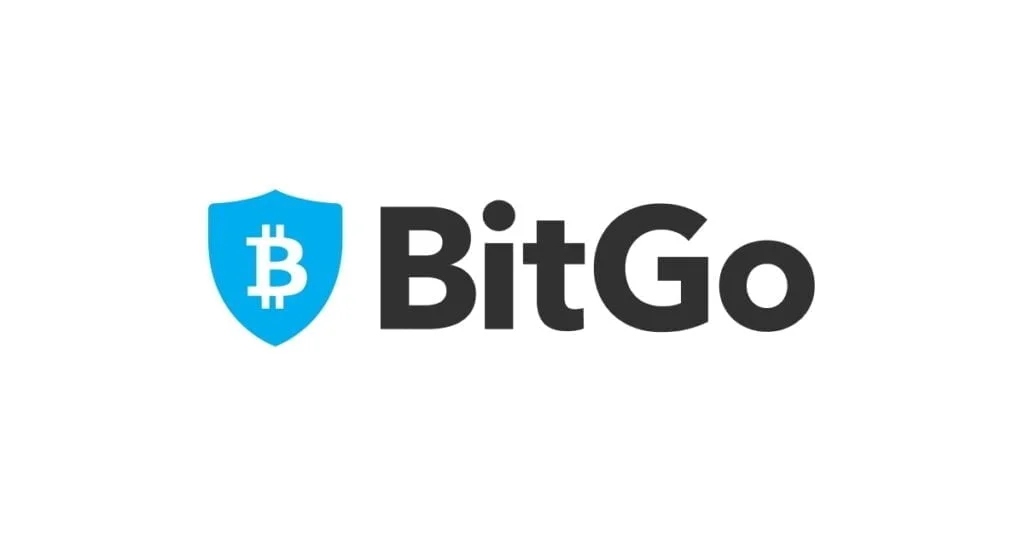
In 2013, Ben Davenport, Michael Belshe, and Will O’Brien established a company called BitGo in Palo Alto, California. It offers digital asset and financial services and also offers liquidity, custody, and security to institutional investors and crypto platforms.
BitGo Prime, the industry’s first and only fully integrated custody, trading, and lending service, was released in 2020, marking a significant turning point for the company. The company facilitates transactions between wallets, exchanges, and service providers with the introduction of BitGo Portfolio and BitGo Tax.
BitGo Trust Company, the first authorized custodian tailored specifically for digital asset storage, was established in 2018. Over 250 different cryptocurrencies and tokens are supported by BitGo, and the company processes over 20% of all Bitcoin transactions worldwide. BitGo has clients in over 50 countries, many of which are the top cryptocurrency exchanges in the world.
Uniswap Labs
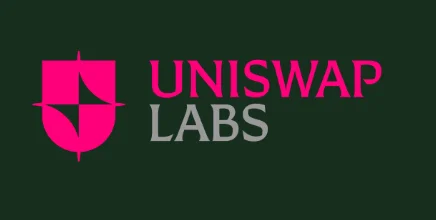
With an average daily trading volume of $220 million in October 2020, Uniswap Technology easily outpaced any other Ethereum-based decentralized trading and automated market-making protocol. The Uniswap Labs group has made significant contributions to the Uniswap Protocol and is now working on a set of products for the Uniswap ecosystem. The company has one of the most influential teams in the crypto industry.
The New York City-based decentralized exchange Uniswap was predicted to be the fourth-largest cryptocurrency exchange overall by daily trading volume by October 2020.
Alchemy
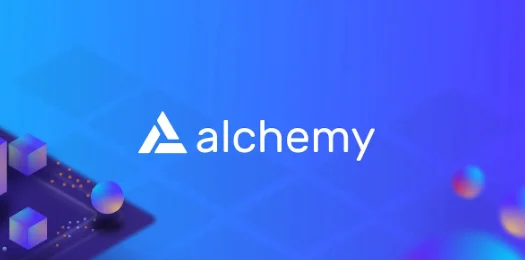
With Alchemy, businesses can create dependable and scalable distributed apps without having to worry about maintaining their own blockchain infrastructure.
Alchemy is used as the backbone architecture for many industry leaders such as Augur, Cryptokitties, Kyber, Radar Relay, OpenSea, etc. Top engineers (from Stanford, MIT, Google, Facebook, Microsoft, and many other startups) with decades of experience in big data and scalable infrastructure are part of the team, and the company is funded by top-tier investors (Charles Schwab, Coinbase, founders of LinkedIn and Paypal, Chairman of Google, etc)
The company, which was founded in 2017 by Nikil Viswanathan and Joe Lau and is headquartered in San Francisco, has so far raised a total of $563.9 million over five fundraising rounds. As of the beginning of 2022, Reuters estimated Alchemy’s worth at $3.5 billion.
Chainlink Labs
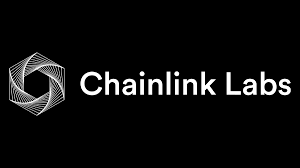
Chainlink Labs is committed to developing and integrating Chainlink as the standard decentralized oracle framework used by smart contracts across all blockchains. Chainlink is an Ethereum-based decentralized blockchain oracle network that provides secure and reliable open-source blockchain oracle solutions.
Among other things, Chainlink Labs creates cutting-edge oracle solutions for cutting-edge smart contract ecosystems development teams like Aave and Synthetix, as well as for big businesses like Google and Oracle. Its goal is to bring about the next generation of smart contracts and a new era of economic fairness, transparency, and efficiency by fusing ethical academic research with an industry focus on user demands.
Final Thoughts
Blockchain technology is the backbone of Web3 and open-source software, which will transform the way businesses operate while also shaping the way consumers engage with goods. When more established businesses adopt Web3 and more startups develop to serve this market, we might expect to see a trend evolve in which Web 2.0 gradually fades away.
